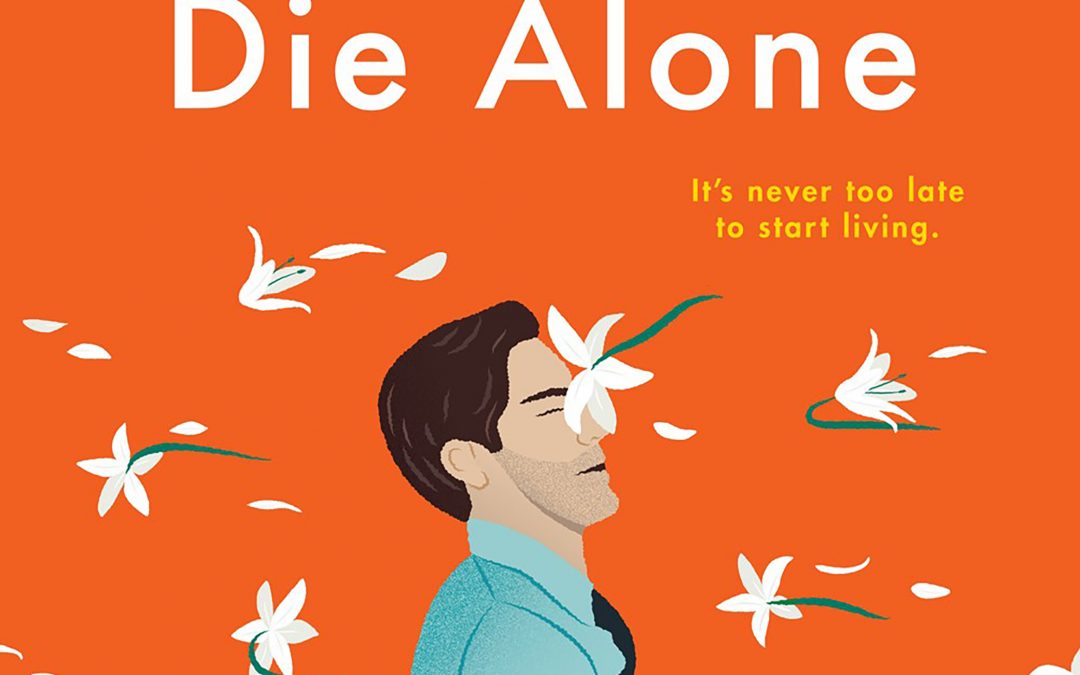By Richard Roper; G.P. Putnam & Sons, May 2019
Andrew, the lead character in Richard Roper’s How Not to Die Alone, is presented as your typical single, middle-aged sad-sack…but with a twist: all of his workmates think he’s married with two kids, the result of a mix-up during his initial job interview that was never corrected. Andrew has what sounds like one of the worst jobs on the planet: he deals with the clean-up of homes in which older people have died without any known family or friends. This is mainly to determine whether or not the individual had any distant relatives or people in their lives that could take care of their end-of-life arrangements; a grim task considering the circumstances. Andrew, of course, can identify with these sob stories a tad too much and goes as far as attending every state-sponsored funeral so that the departed can have at least one person to note their passing. But Andrew himself is setting up his life to be one of those same sob stories, and while he knows it, he doesn’t seem to quite be able to do anything about it. Convention dictates, then, that a love interest (aka Peggy) must be introduced into the story.
I will give Roper some points; Peggy is not the typical love interest. She has kids and is involved in a complicated, somewhat volatile relationship with the children’s father. Her life is messy in a way that makes her feel realistic, and not just a tired trope. But this is 2019, and I wish Roper had been able to find another catalyst for change in Andrew’s life besides a workplace romance. I think the rest of his story is strong enough to have taken things in a different direction. As the book progresses, the reasons for Andrew’s emotional withdrawal from life are revealed, along with additional characters outside the scope of his work life, and those parts of the story are both heartbreaking and hilarious in turn. All of these characters deserved more development, and doing so could have added a depth and nuance to the book that I think it lacks. But, ultimately for me, it boils down to this: in this day and age, finding a way out of loneliness doesn’t always have to entail romantic relationships, and I think that if Roper had chosen to place more emphasis on that point, he could have turned his good book into a great one.






